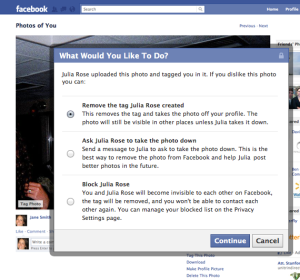In the Collaborative Economy, Are Local Classifieds in Trouble?
I’m a big fan of my friend Jeremiah Owyang’s principle of “The Collaborative Economy.” The principle is thus (yet very hard to explain unless you actually experience it): the trend in social media, up to this point, has been the sharing of virtual content, goods, and services through close friends and family on social networks […]
Read more...The Future of Local News WILL Disrupt Facebook
I am often asked, “will Facebook ever go the way of MySpace?” The truth is Facebook has been very good, like it or not, at not looking at current users’ needs, but instead anticipating the needs of future users, therefore fixing the Innovator’s Dilemma and ensuring their survival. There is one thing Facebook is overlooking […]
Read more...Don’t "Feed" the Regator App – it Finds News for You
Recently at a speaking engagement I took part in I was asked by one of the audience members, “How do I find good blogs to follow if I don’t want to worry about an RSS reader?” It was a valid question, as someone like my Mom, who is very careful adopting new technology, may not […]
Read more...My Hiatus From RSS – Is RSS Really Necessary?
Recently, I have become increasingly aware of my dependance on RSS for news and information. Like Louis Gray, I am a data sponge. I like new news, when it happens – I really think I should have majored in Journalism for that reason. Because of that dependance on the news, I have, over the years, […]
Read more...